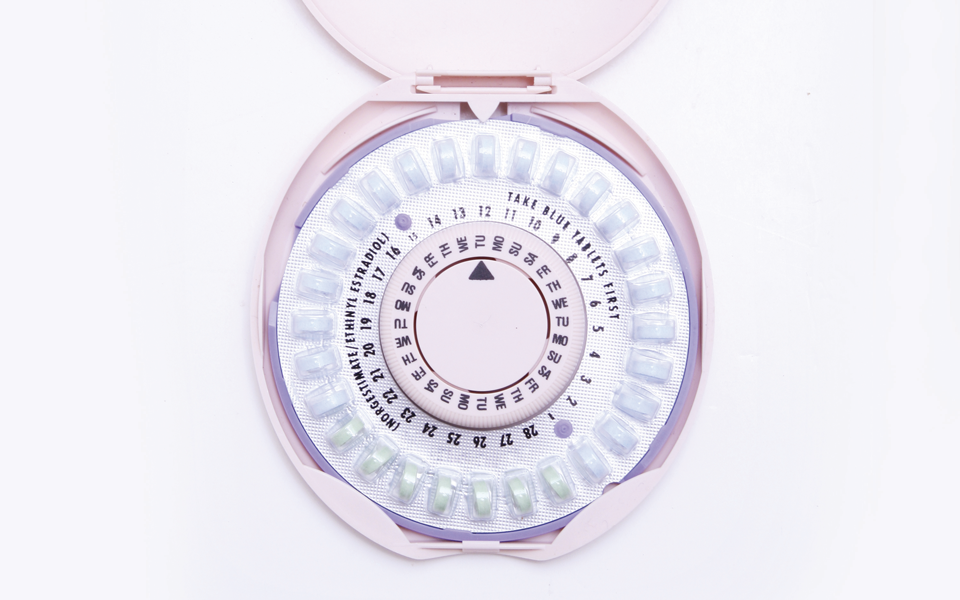Medical FAQ: Birth Control

When it comes to female contraceptives, reactions run the gamut. Some women stick to the same method for years without a problem, while others experience a nightmare of side effects. But are the tales of security and danger regarding contraception fact or fiction? One of the resourceful health professionals at Austin Women’s Health Center spit some truth on what you should (or shouldn’t) do to take preventative measures.
What are the best suggested methods of birth control?
As in any medical case, the solution varies on the patient. This applies to birth control as well, as everyone’s chemical bodies are unique. Some of the more commonly used forms of contraception are birth control pills, the Depo-Provera shot, the vaginal ring, an IUD (intrauterine device), the rod (arm implant), a bilateral tubal ligation (surgical procedure that blocks the fallopian tubes), the laparoscopic permanent sterilization, or Essure. It’s vital that you share everything with an open mind with your physician if you’re thinking about trying one of the methods, because certain variables (such as desired length of birth control) could affect which option is right for you. Then, together, you can research what would be the best method for your body makeup.
Does birth control cause any damage in the long run?
Again, it depends on which form of contraception a woman chooses. If you select the Depo Shot, it’s important to remove it and check with your physician after two years, because this method has been proven to cause bone density issues after this amount of time. Certain methods such as the IUD have time restraints depending on the brand you choose, but last for at least several years. To date, there is no evidence to suggest that any well-maintained form of birth control could cause infertility.
Uh-oh, you forgot to take the pill last night. Now what?
If you realize you accidentally skipped a pill in your daily schedule, always use backup contraception until your pills are back on track. Austin Women’s Health Center even recommends continuing the use of backup contraception for a month, just to be on the safe side. Otherwise, the effectiveness of your birth control pills lowers immensely if you don’t stay punctual. If you choose to take the pill, quickly make it a strong daily habit, as important as brushing your teeth or checking your Facebook account in the morning.
What are reasons (other than pregnancy) women may opt to start using birth control?
Birth control is not just for sexually active women, no matter what pre-notions your family, neighbors, or friends may think. The hormones found in birth contraception can often assist in any chemical imbalances, and improve cramps, acne, and mood swings. No matter what the reason is for usage, be sure to do your homework and ask your physician plenty of questions. Plus, never forget that birth control is not a form of protection against STDs.






